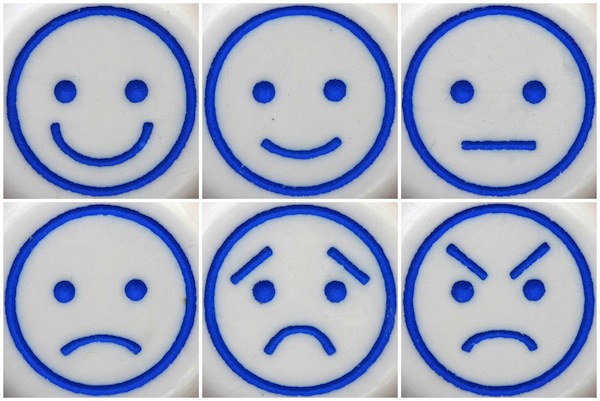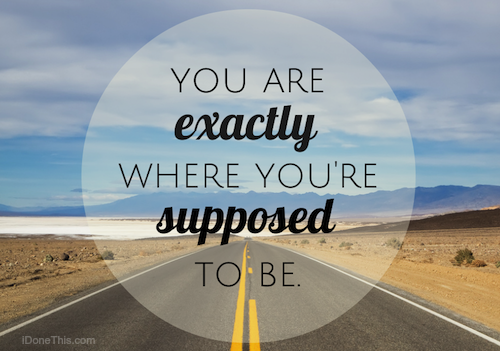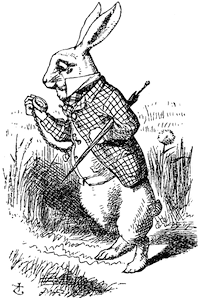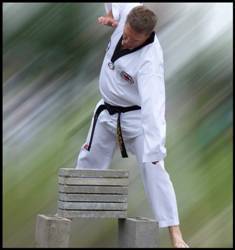There once was a man named Elliot. An intelligent, pleasant thirty-something guy, he had built a pretty good life for himself, with a family and a good job. But his life started to fall apart when he got a brain tumor the size of a small orange that compressed his frontal lobes — causing debilitating headaches and an inability to focus.
Even after a successful surgery to remove the tumor, Elliot’s life continued go downhill. His relationships unravelled, he couldn’t hold a job, and invested in a disreputable business scheme that lost him his savings. Something was still wrong with Elliot’s brain — damage to parts of his frontal lobe somehow resulted in an inability to feel emotion.
You’d think that this might have been beneficial at least for his work ventures, some ability to make calculating, rational, optimal decisions. But the opposite was true. After losing his emotions, he’d become hopelessly ineffective at business.
That can be a jolting lesson for many of us who consider emotion something to regard very lightly in the workplace. Emotions work, not as a barrier to getting things done, but to help us reason at a basic level and thrive.



 It’s hard not to feel like the White Rabbit from Alice in Wonderland these days, perpetually anxious and reaching into your pocket to look at your gadget and fretting, I’m late, I’m missing out, I need to catch up.
It’s hard not to feel like the White Rabbit from Alice in Wonderland these days, perpetually anxious and reaching into your pocket to look at your gadget and fretting, I’m late, I’m missing out, I need to catch up.

